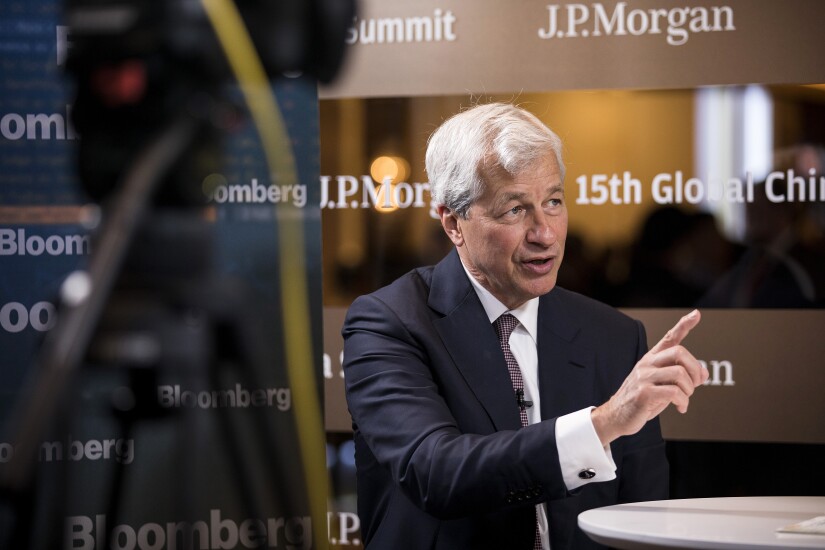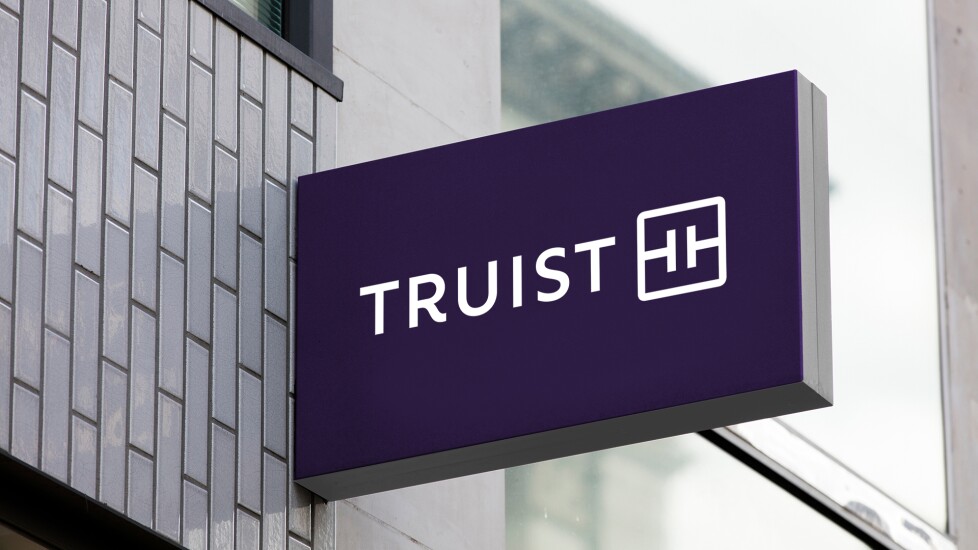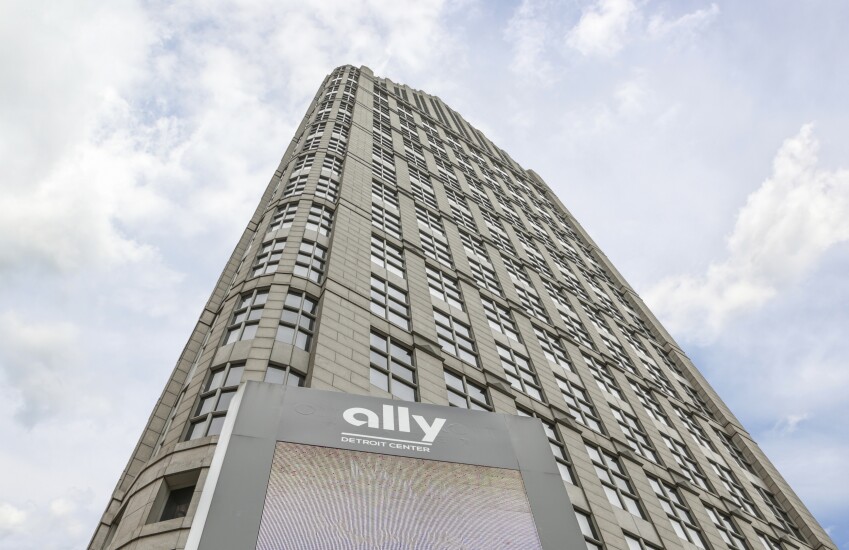As the delta variant of COVID-19 rips through the United States, many banks are scrambling to change the return-to-work plans that they had previously established.
No standard industrywide approach has emerged. Some banks are requiring employees to be vaccinated in order to come back to the office; others are not. Policies on wearing masks and getting tested for COVID-19 run the gamut.
The variety of approaches reflects a range of opinions in the C-suite. In a recent survey by PwC, 30% of corporate executives strongly agreed that their companies should mandate vaccines.
But even if banks are not mandating vaccines, they are taking a number of other steps to make their offices safer for returning employees. Some banks, particularly those with large trading floors, are requiring weekly testing of their bankers and using contact tracing mobile apps in order to quickly isolate potential cases and reduce the spread of the virus.
“They do want people to come back,” said Julien Courbe, chief client officer at PwC.
What follows is a look at how 14 large and midsize banks are responding to the latest surge in COVID-19 cases. The banks are listed by asset size in descending order.



















